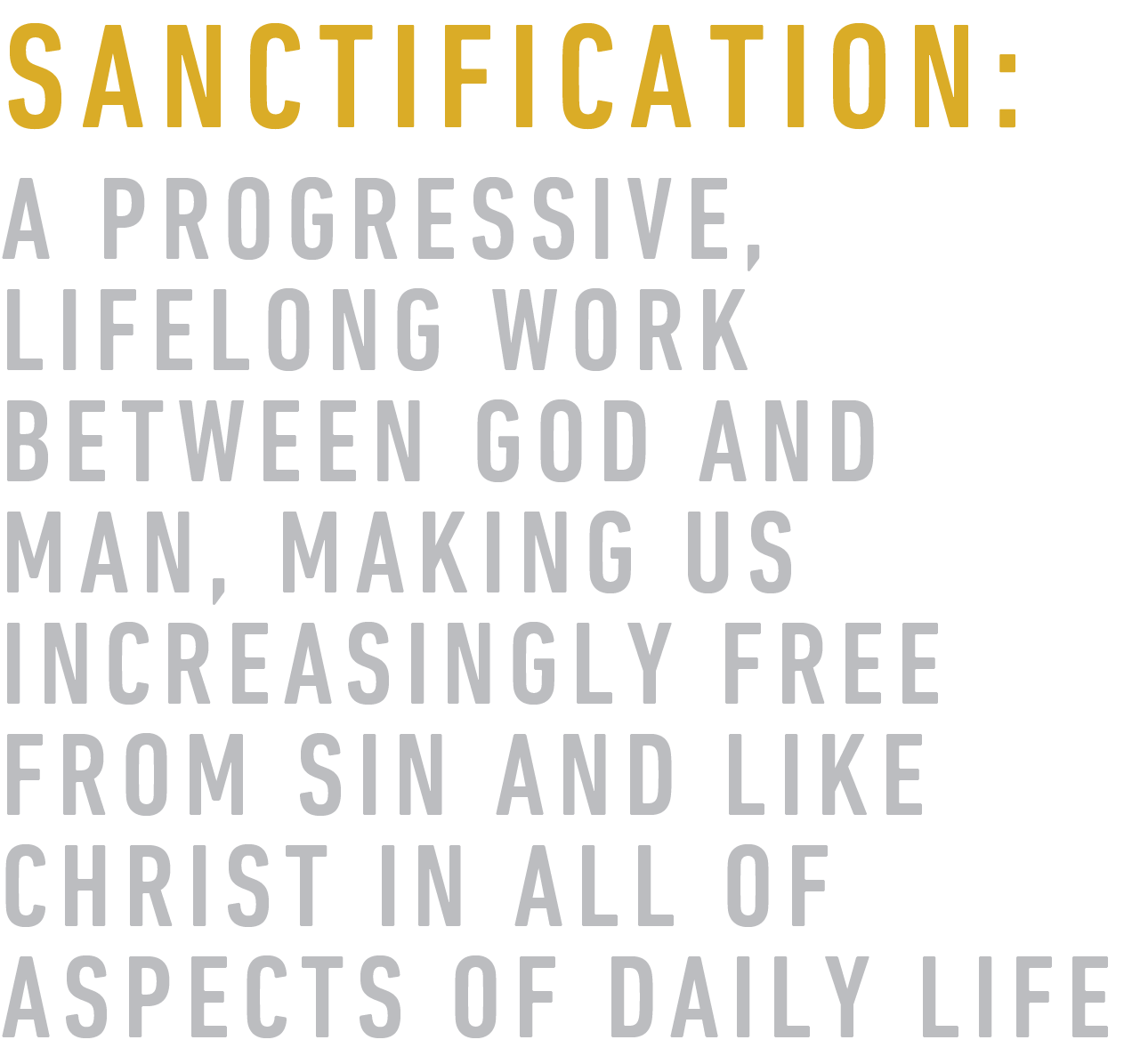WEEK 42
LETTERS OF PETER
Peter was a fisherman before being called to follow Jesus, who tells him and his brother, Andrew, “...from now on you will be catching men.” (Luke 5:10) With that, Peter and his brother leave their boats and follow Jesus for the remainder of their lives. This close relationship with Jesus allows Peter to ground the authority of his ministry in the reality that he is a “witness of the sufferings of Christ.” (1 Peter 5:1) Following Jesus’ death, resurrection, and ascension, the Holy Spirit uses Peter to lead the Church’s growth in Jerusalem, again illustrating God’s delight in using ordinary people to do extraordinary work by His power for the sake of His will.
During his ministry, Peter writes two letters that are included in the New Testament -- 1 Peter and 2 Peter. Both are written as letters intended for circulation among a number of local churches throughout the Roman provinces in Asia Minor -- modern-day Turkey. Both speak of hope. 1 Peter is written as an encouragement to believers to endure hardship and persecution as a means of persevering in the faith and growing in holiness. They are to remain focused on the eternal hope and blessing of their salvation. 2 Peter can be summarized by the word “certainty.” Peter tells his readers that they can be certain of their faith and of the truth and hope of the gospel (2 Peter 1), that false teachers will come (2 Peter 2), and that there will be a final judgment (2 Peter 3). Because of these certainties, Christians can stand firm, trust the truth of the gospel, and await with hope-filled expectation the day they will be ushered into eternity with the Lord.
key concept
FAMILIES
I Peter 3:8-12
Love & Respect
During Jesus’ lifetime on earth, we often see Peter and the other 11 disciples exhibiting sinful actions and attitudes. They argue about their greatness, and more than once, express a desire for Jesus to punish their enemies. Patiently, Jesus teaches them to love and serve one another just as He has loved and served them. In the book of I Peter we see Peter, the elder, seeking to teach the Church what he has learned. He details how you should speak to and treat one another. If wrong is paid, Peter urges the believers to not retaliate. Instead they are instructed to actively “seek peace and pursue it.” This points us to the family ingredient of Love & Respect. If we follow the principles Peter outlines, then our homes will be pleasing to the Lord and peaceful for us, as well as a witness to the world of God’s impact in our homes.
DISCUSSION QUESTIONS
Define harmony. What does it look like to live in harmony? What are the benefits when family members get along? What would each member have to give up at times to bring harmony?
What other positive actions does Peter command?
When we think of the word “pursue” a picture comes to mind of hunting a wild animal. What does it mean to “pursue peace”?
How do our actions affect our relationship with God?
FAMILY ACTIVITY
Activity 1: Re-enactment
Draw a cartoon strip of a common sequence of disharmony at home. Discuss and decide where the story went downhill. Which of Peter’s commands could steer you in a better direction? Rewrite how the situation could have been handled. Work together to come up with a plausible solution. You could also act this out. This would be a good exercise to use again when conversations are not leading to peace.
Activity 2: The Tongue
Prepare ahead of time two bowls of whipped cream. In one bowl, add 2-3 tablespoons of baking cocoa. It should make the whipped cream taste bitter. Discuss the scripture passage as a family (1 Peter 3:8-12). Then bring out the other whipped cream. Let each person taste each kind at the same time. How do these flavors compare to the ways we speak to one another? Serve a snack with the sweet whipped cream while you finish the discussion. Pray as a family for sweet conversations to prevail.
Small Groups
Small Group Discussion
1 Peter is filled with encouragement and combinations of proclamation and exhortation to believers who experience persecution, trials and hardships as “sojourners and exiles” (2:11). What promises are there to claim? What principles are there to follow?
2 Peter gives warning to believers about false teaching infiltrating the church. What reminders does Peter give to believers to combat these false teachings? What sin is there to avoid?


